Last week I had the good fortune of spending 24 hours in Chattanooga to get a better sense of what the community is doing with their impressive broadband network, EPBFi. It was pretty amazing, especially for an outdoorsy-kinda-guy like me. Chattanooga has an impressive air about it, a place on the up-swing.
I'll be writing more about my observations in the coming weeks (my schedule from last week to next week is jam-packed) but I wanted to note that Chattanooga looks to be one incredible place to be in coming years. They offer the fastest broadband in the nation at prices competitive to Comcast (which is to say, they cost a tiny bit more for a ton bigger, better, and faster service).
The
Chattanoogan Hotel, where I stayed, was fed by community fiber and it was the best hotel broadband I have ever used.
The city is committed not just to offering top-notch broadband, but working with people in the community that want to do interesting things. In fact, they are more or less courting people who want to do interesting things. So many communities focus entirely on the need to build the network… not all appreciate the challenges of fully leveraging such a network.
When a community has arguably the best network available in the country, they want to let people know. Especially people who want to design the next-generation applications that will take advantage of everyone having extremely fast connectivity. They have plenty of space for co-location and still more room for expansion (they are as professional as you get in this regard).
But the reason for this post was a reminder in a local story, "
Fiber-optic workers take to the woods." Chattanooga is only 25% of the Electric Power Board's footprint, but everyone served by EPB will have access to the same incredible broadband speeds.
Unlike big companies who only roll out services where profits are guaranteed, EPB contends it never considered only serving areas that would be profitable. I asked several times, noting that I frequently see comments from some that people who live in rural areas made a choice and they should simply have to pay more or not be connected as a consequence.
Local leaders reject that approach -- a fitting legacy in a state that was famously electrified by one of the most successful government programs of all times.


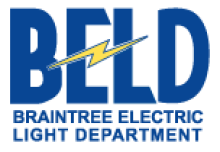

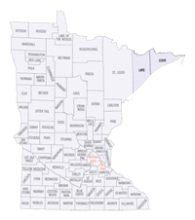

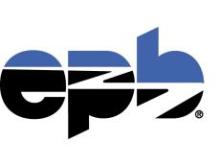

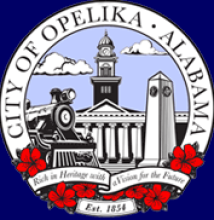
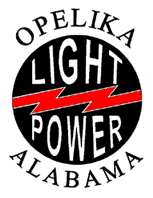 The local editorial board
The local editorial board